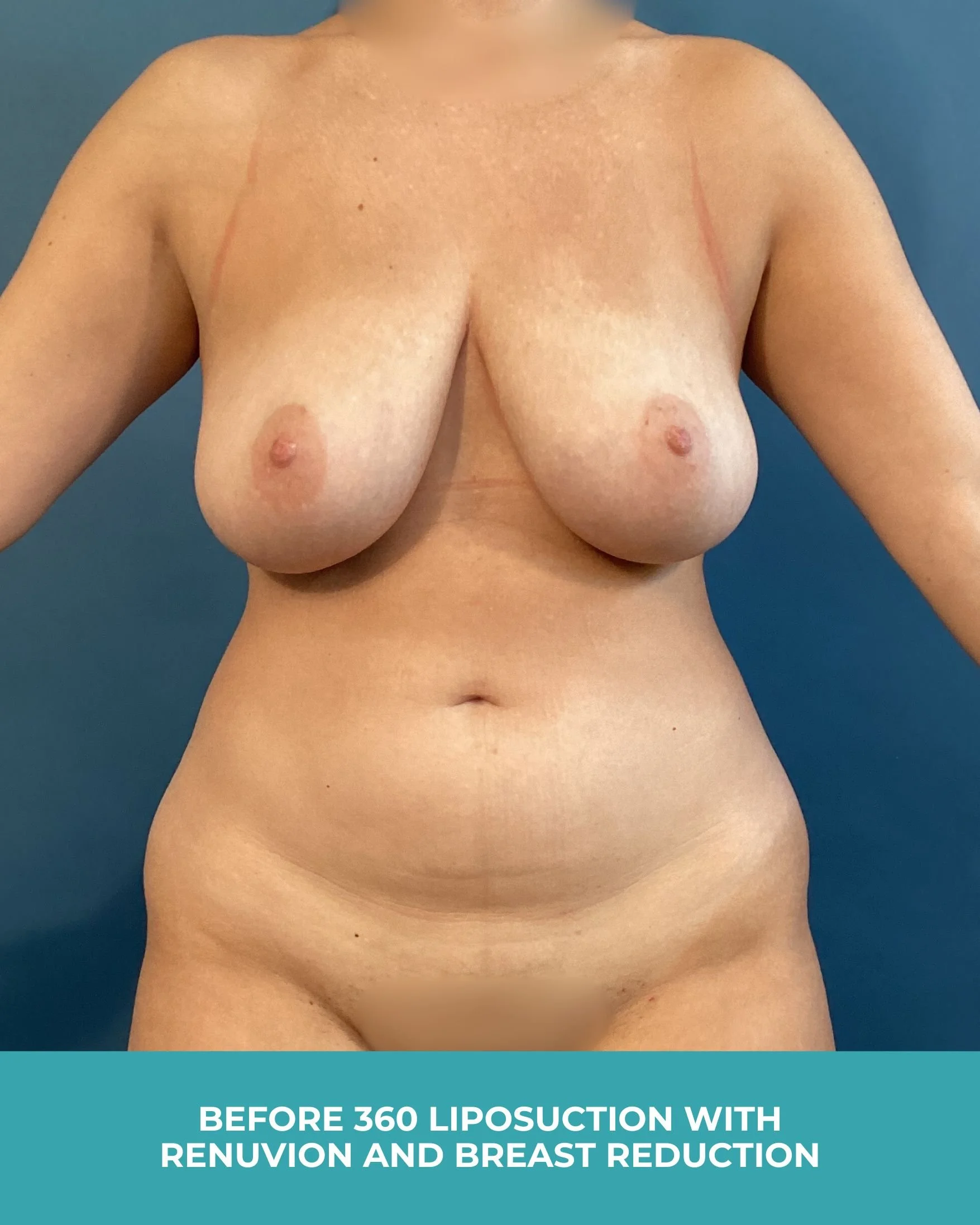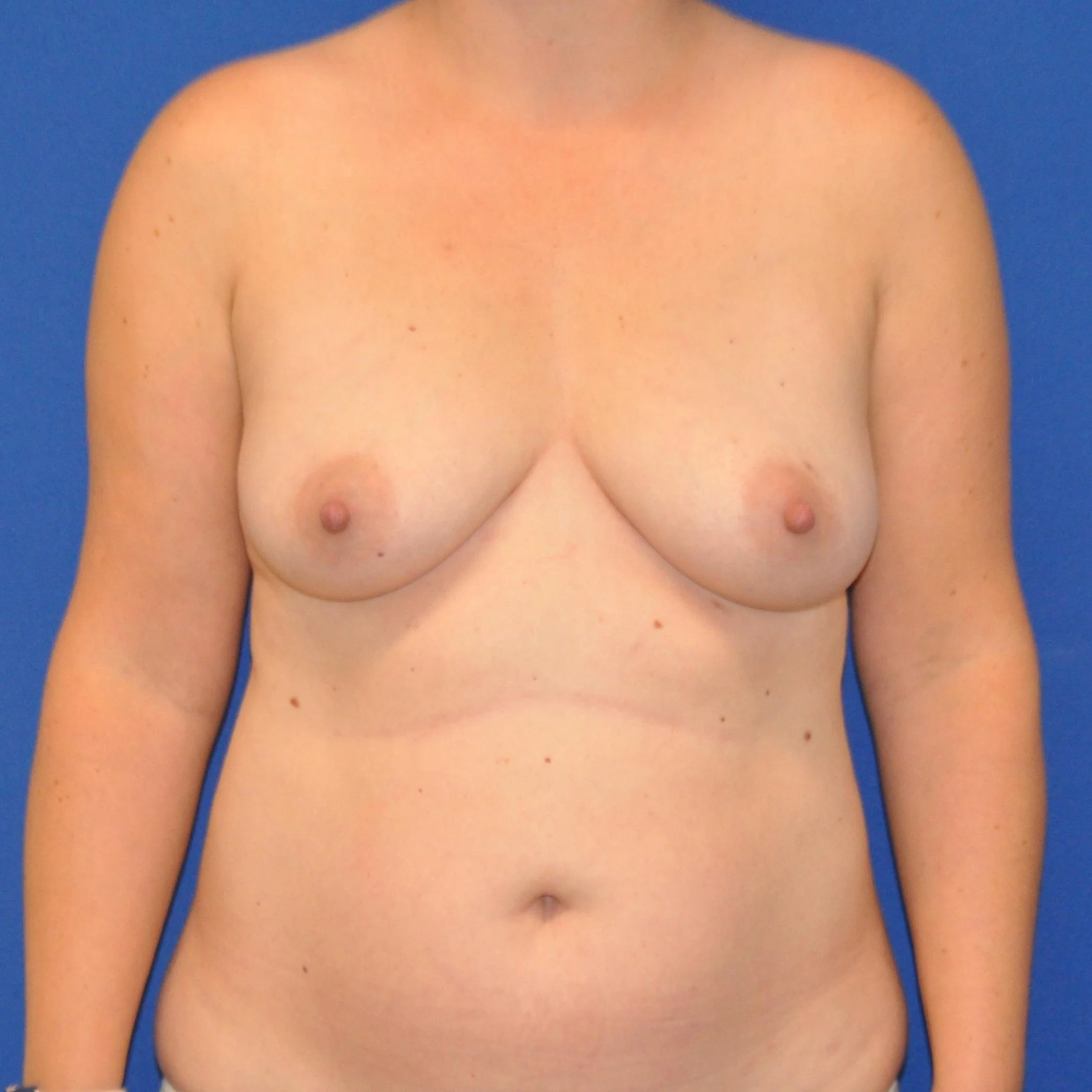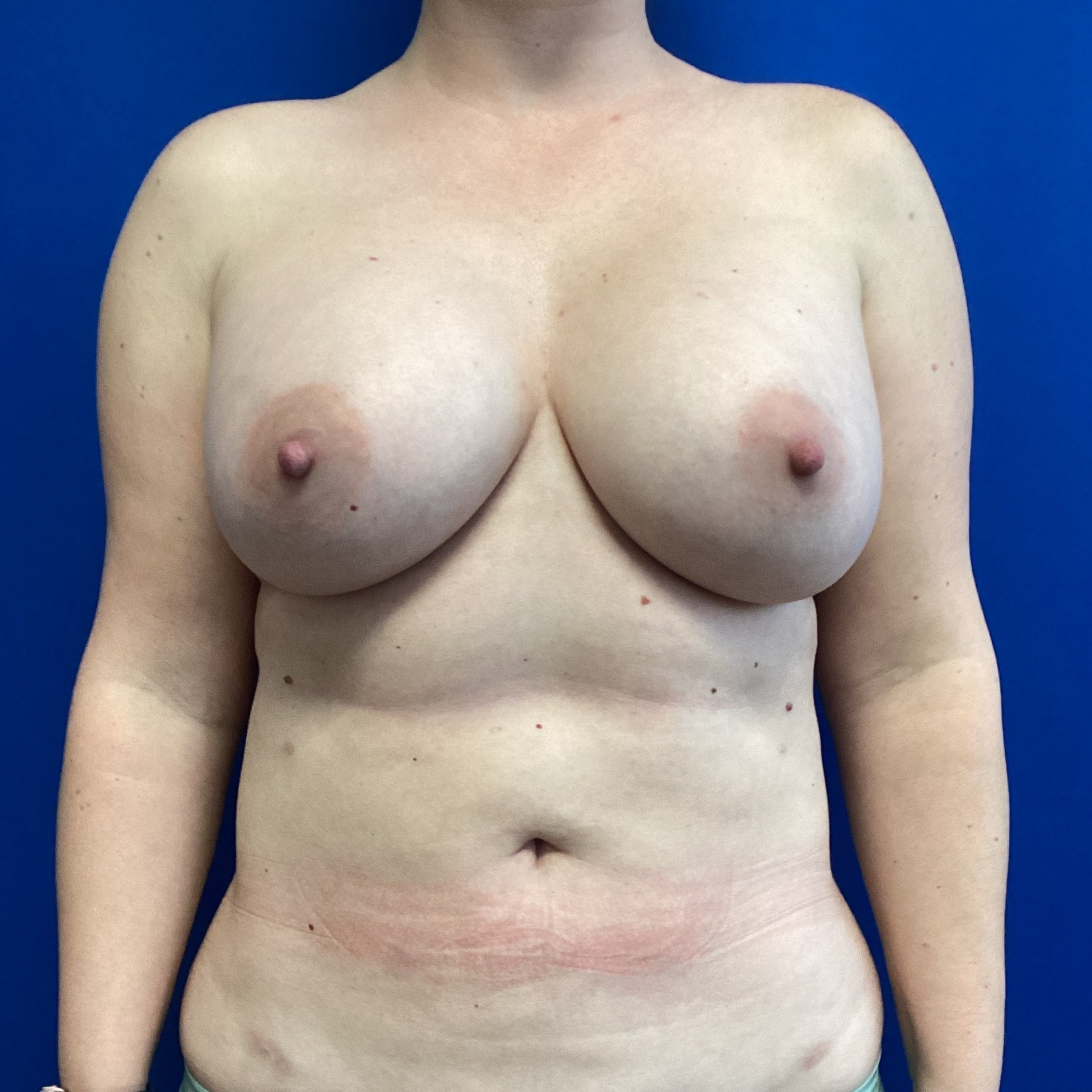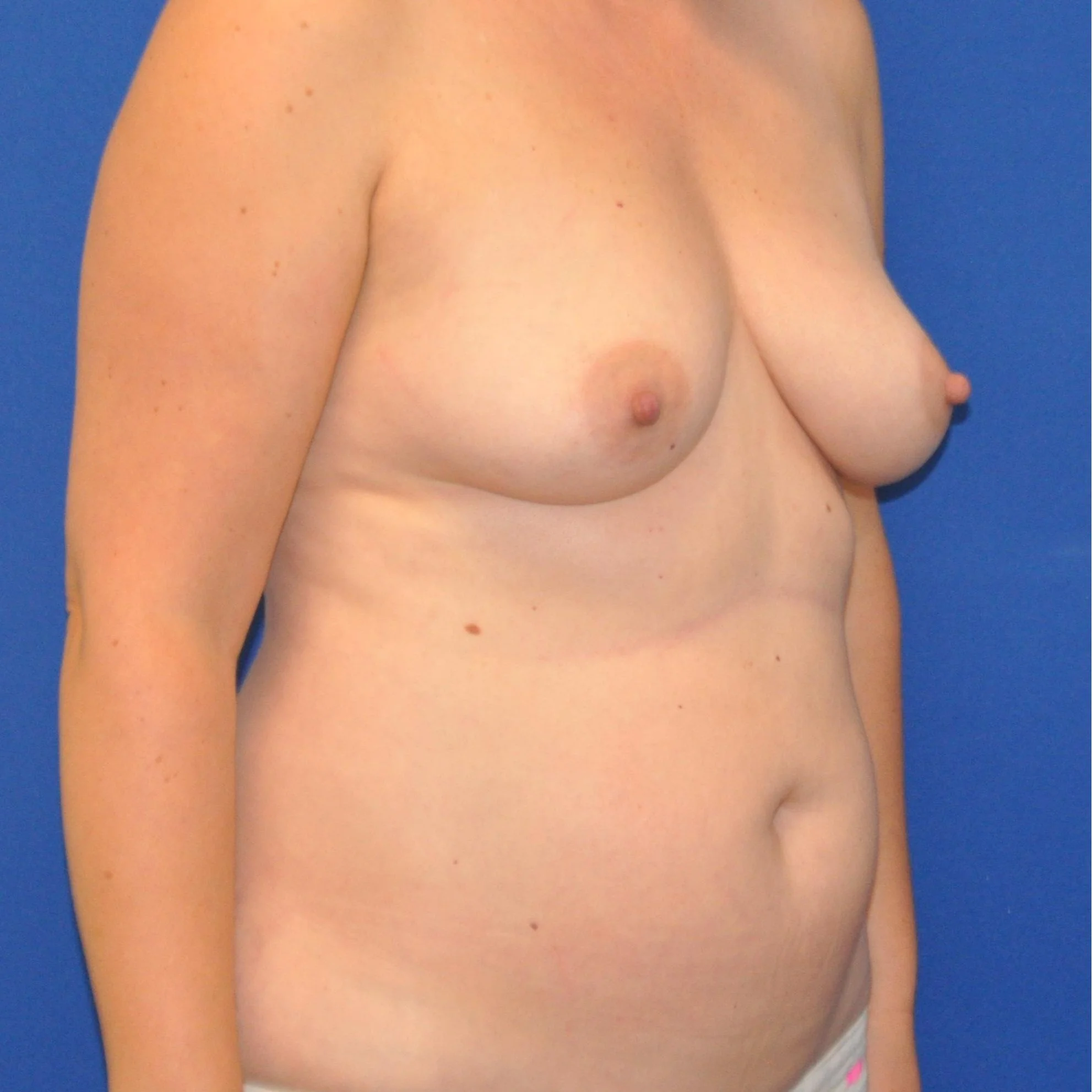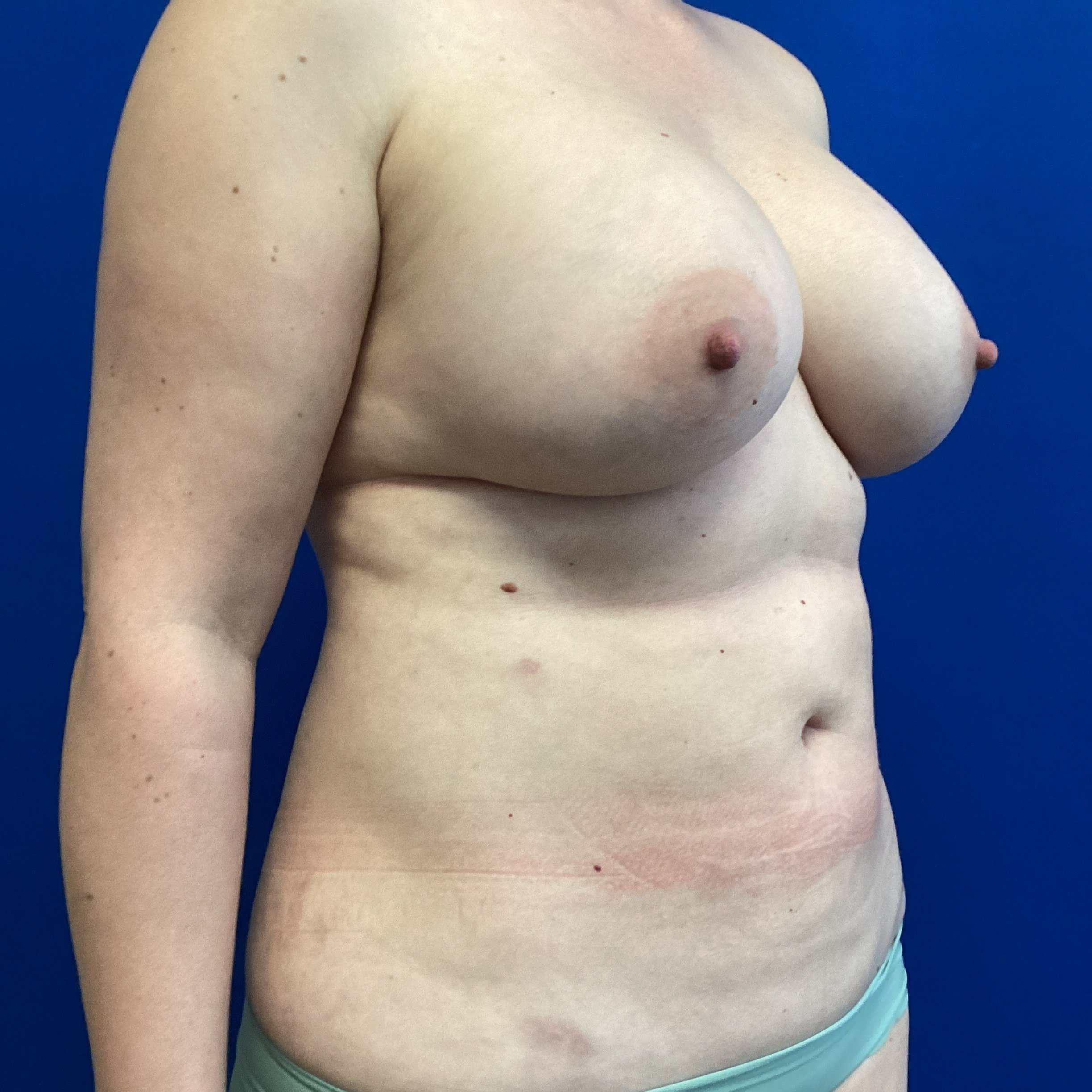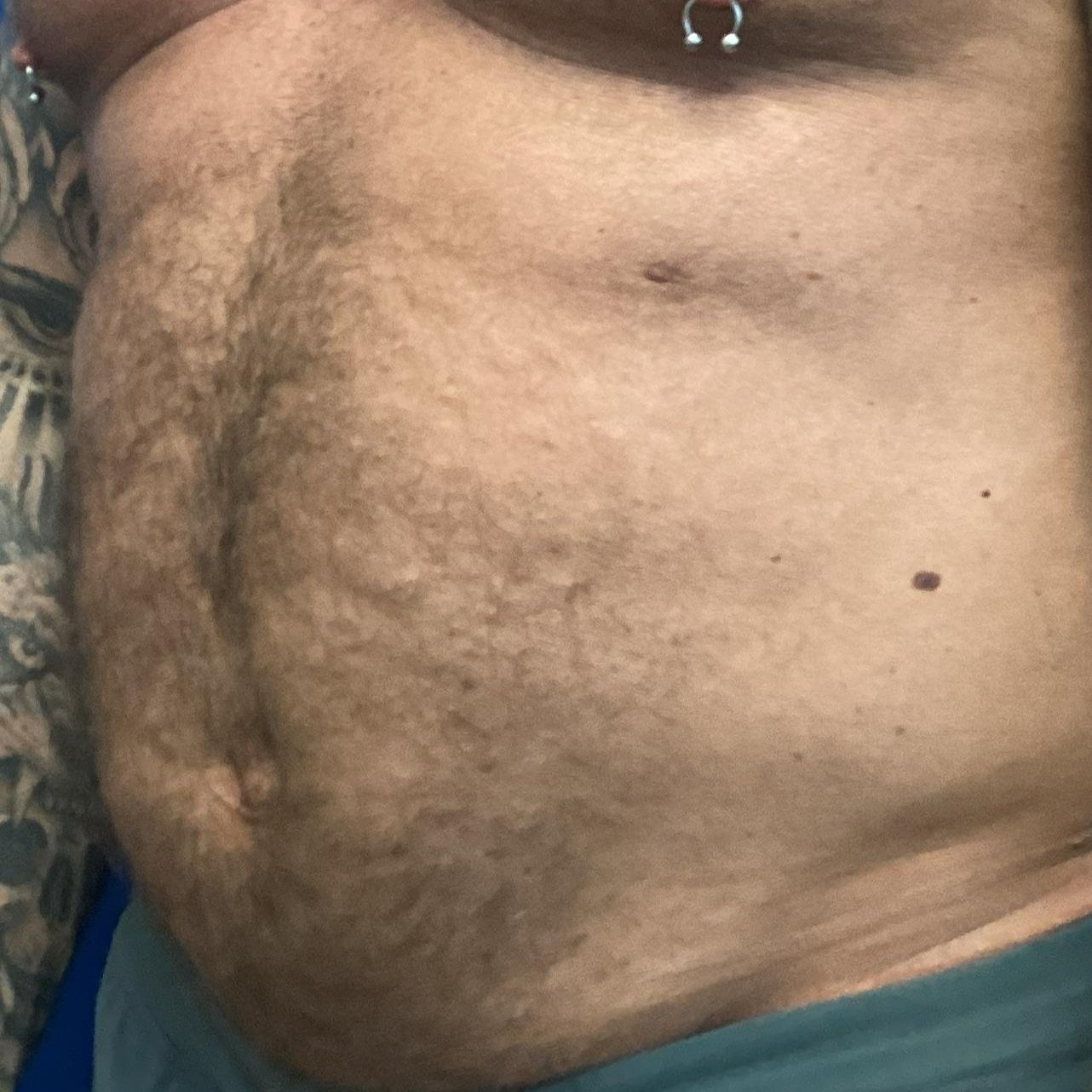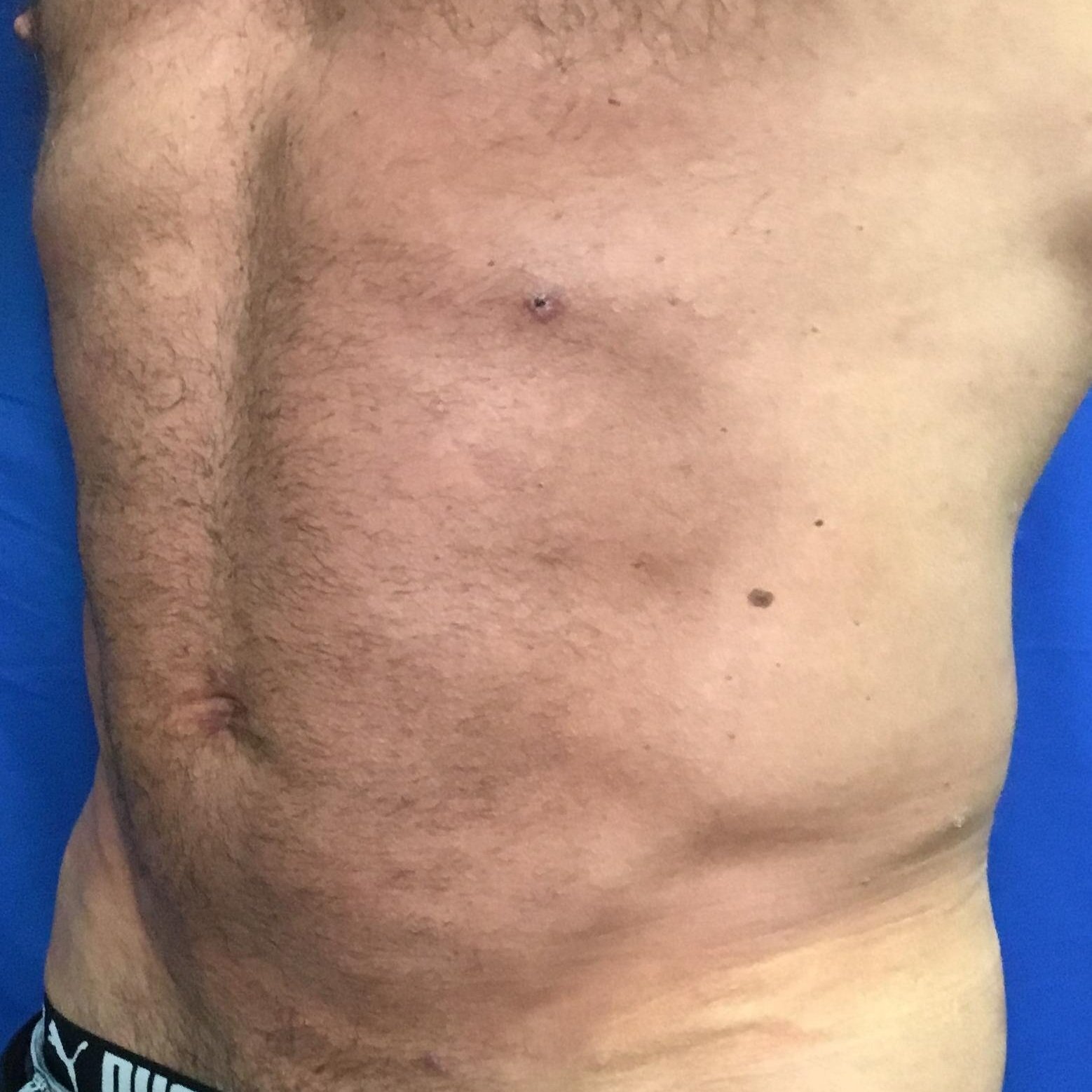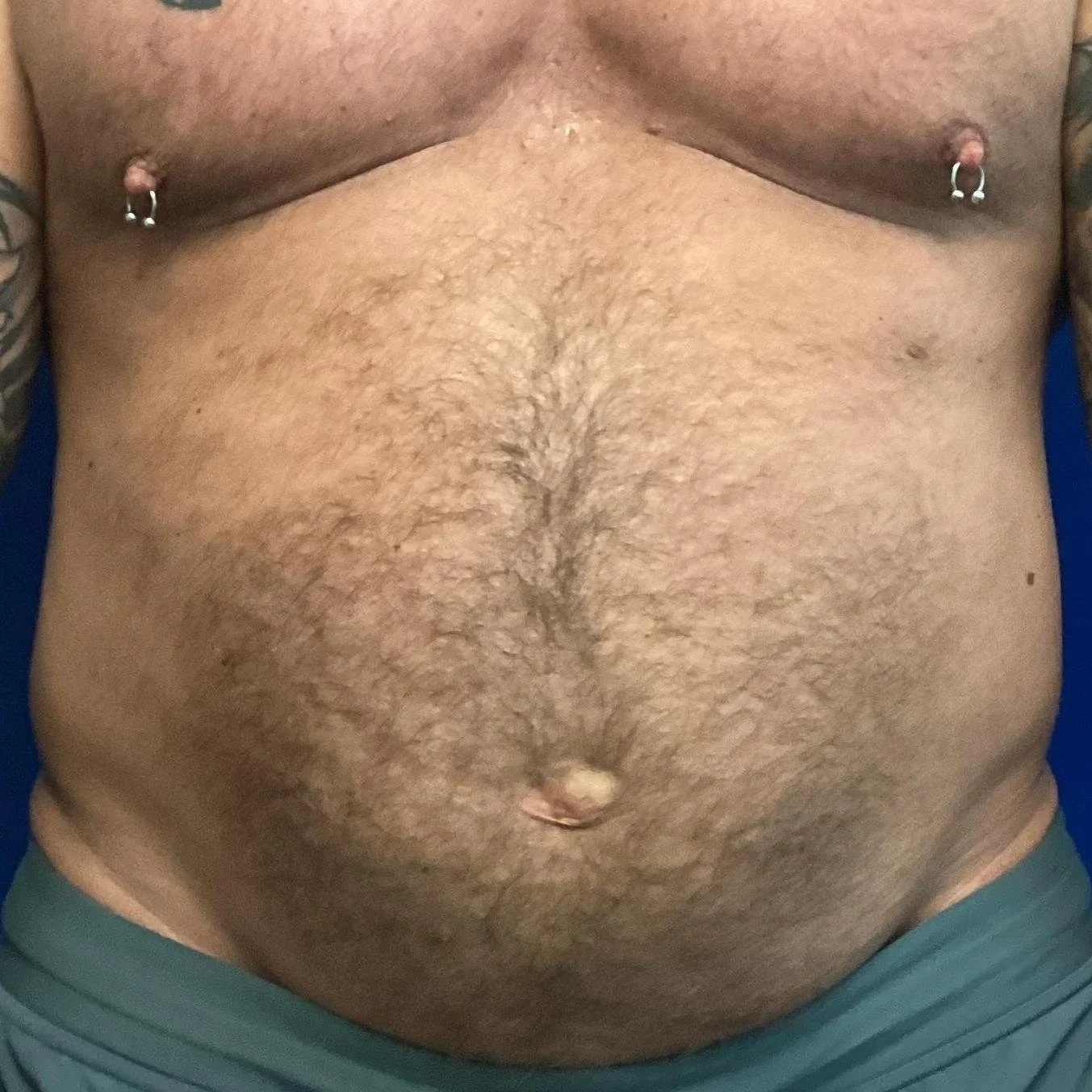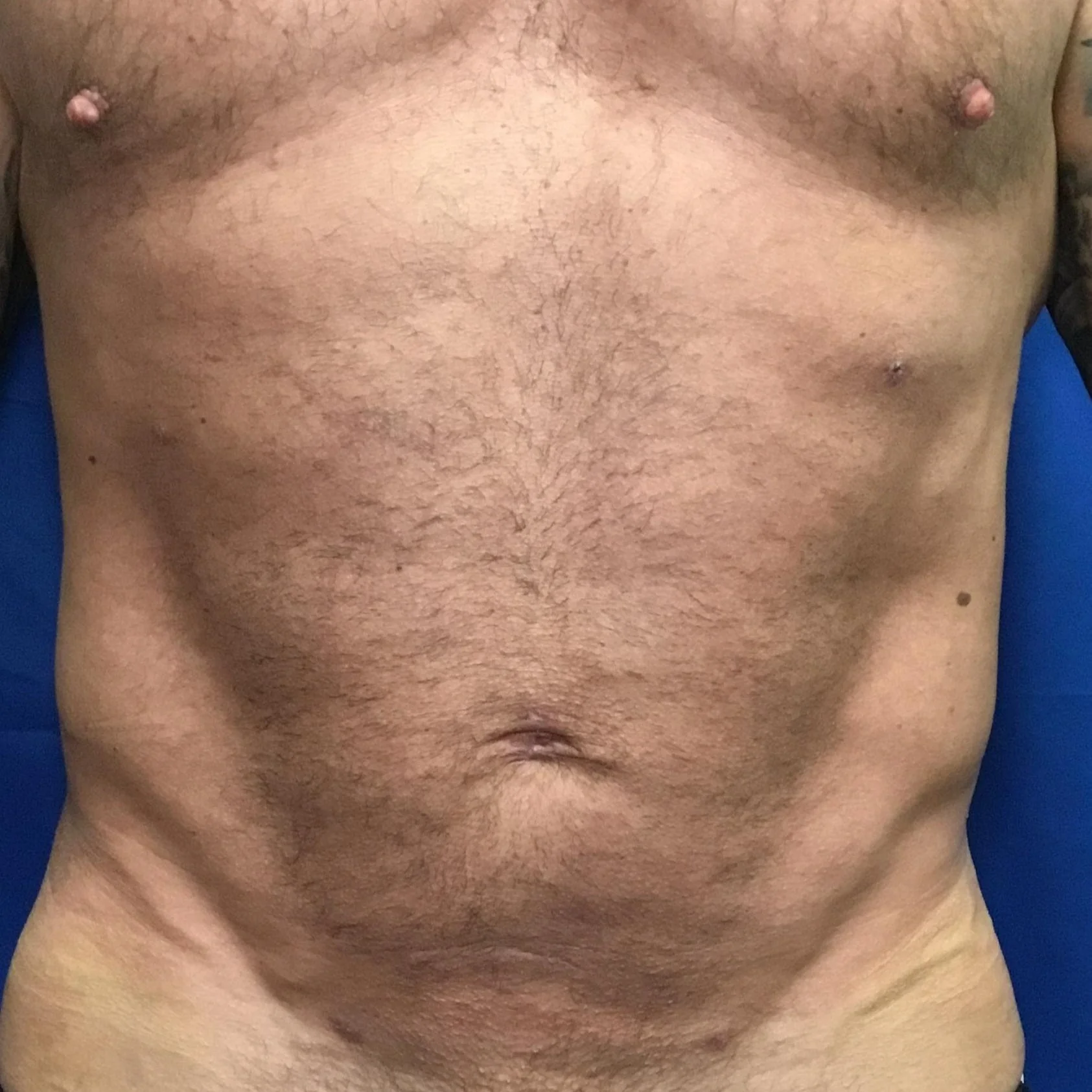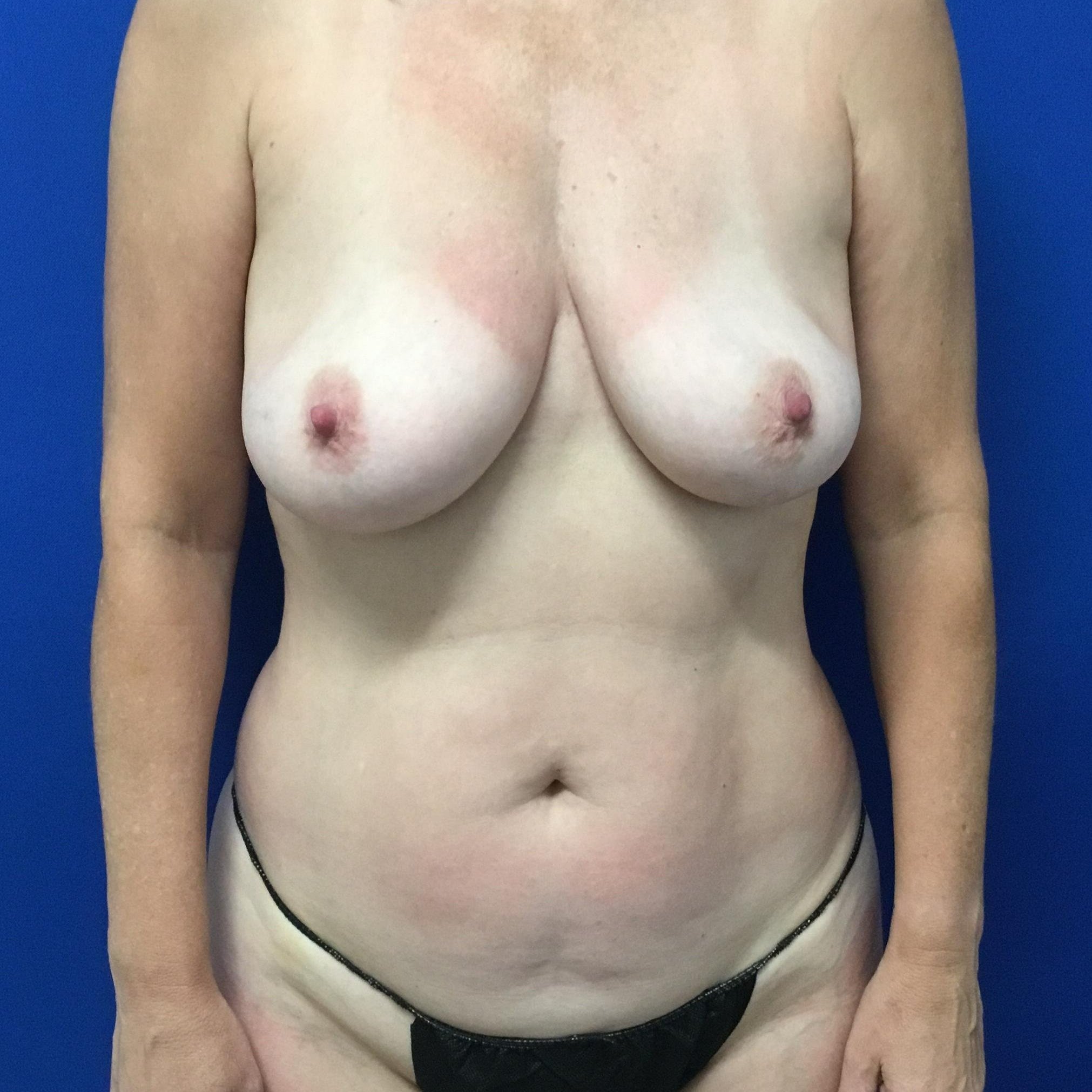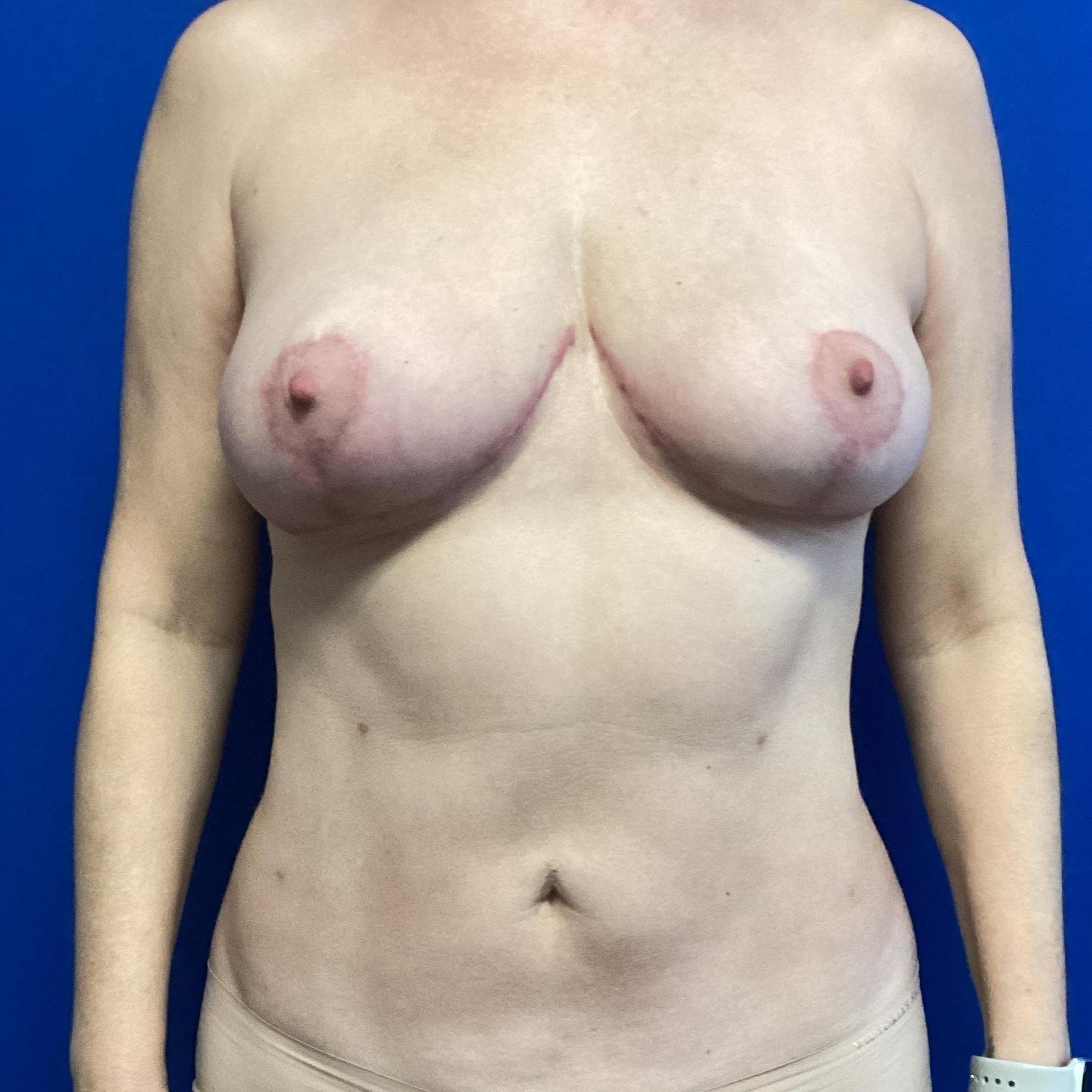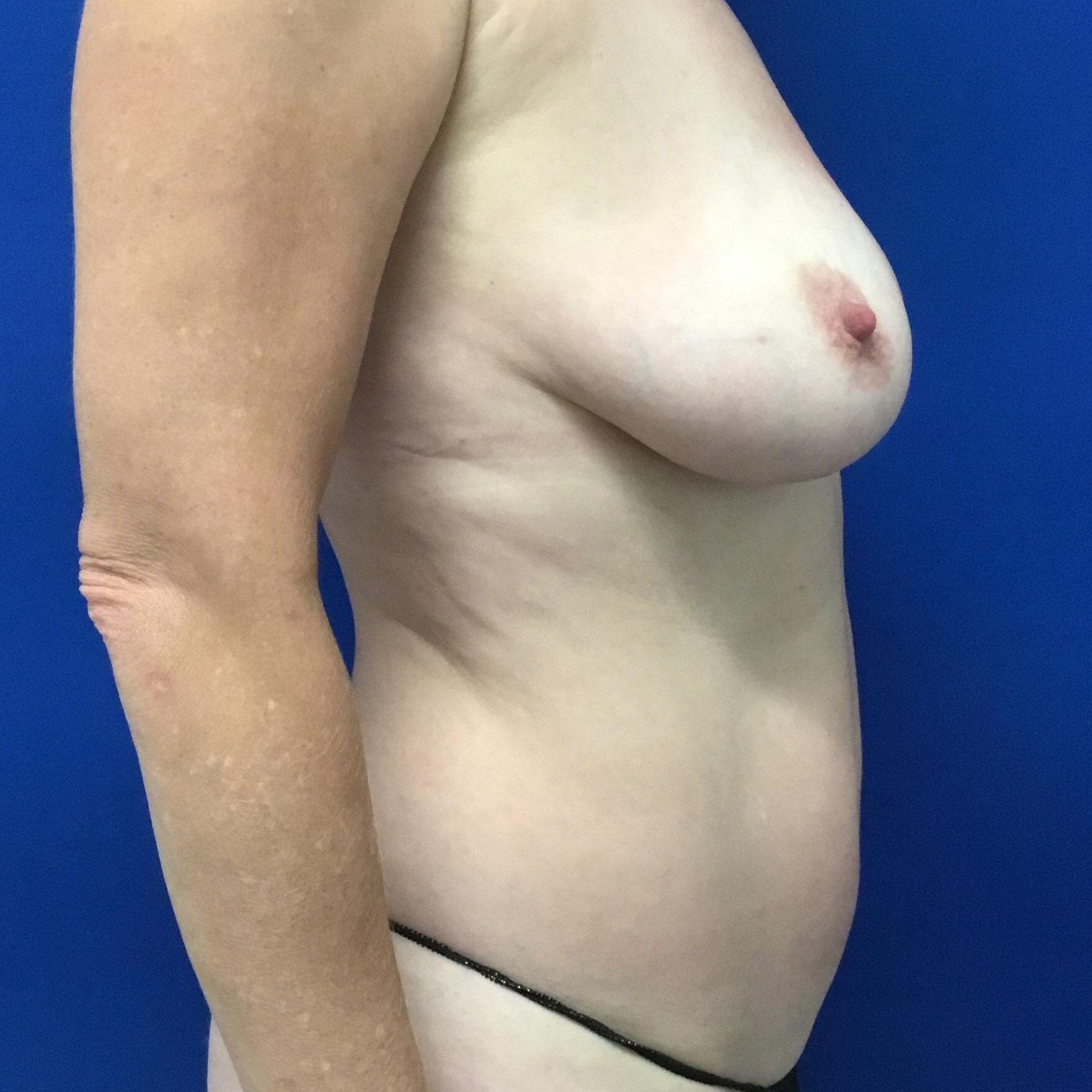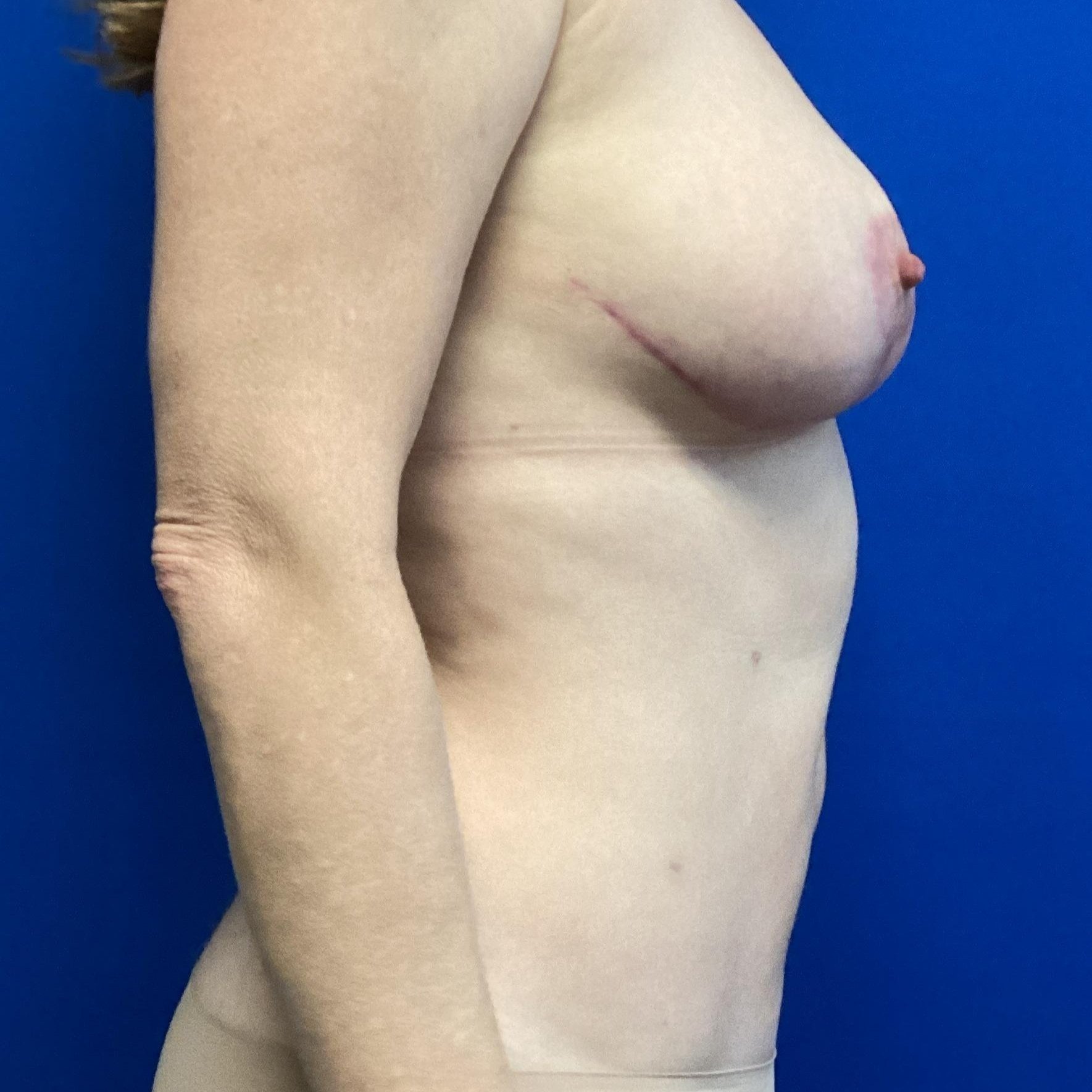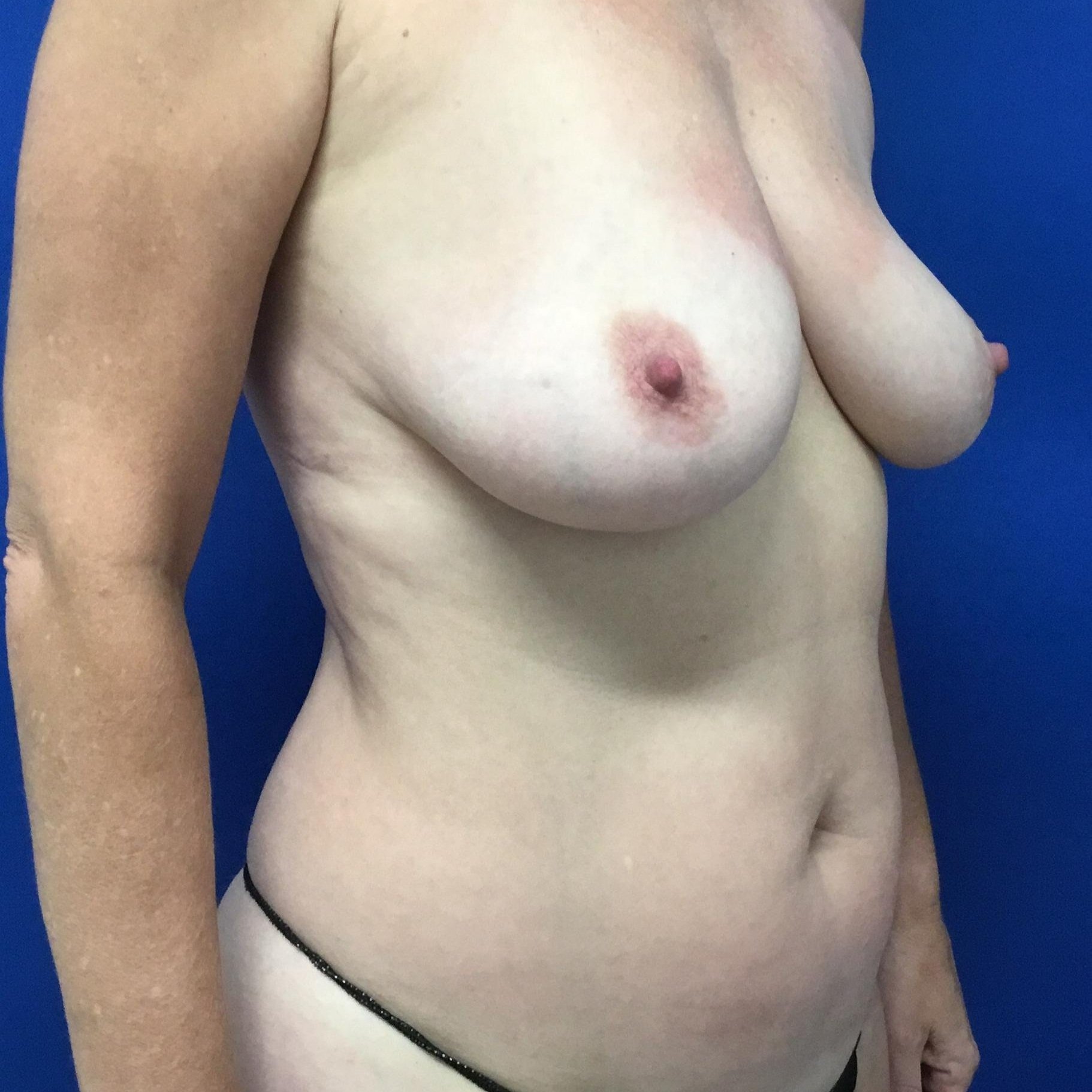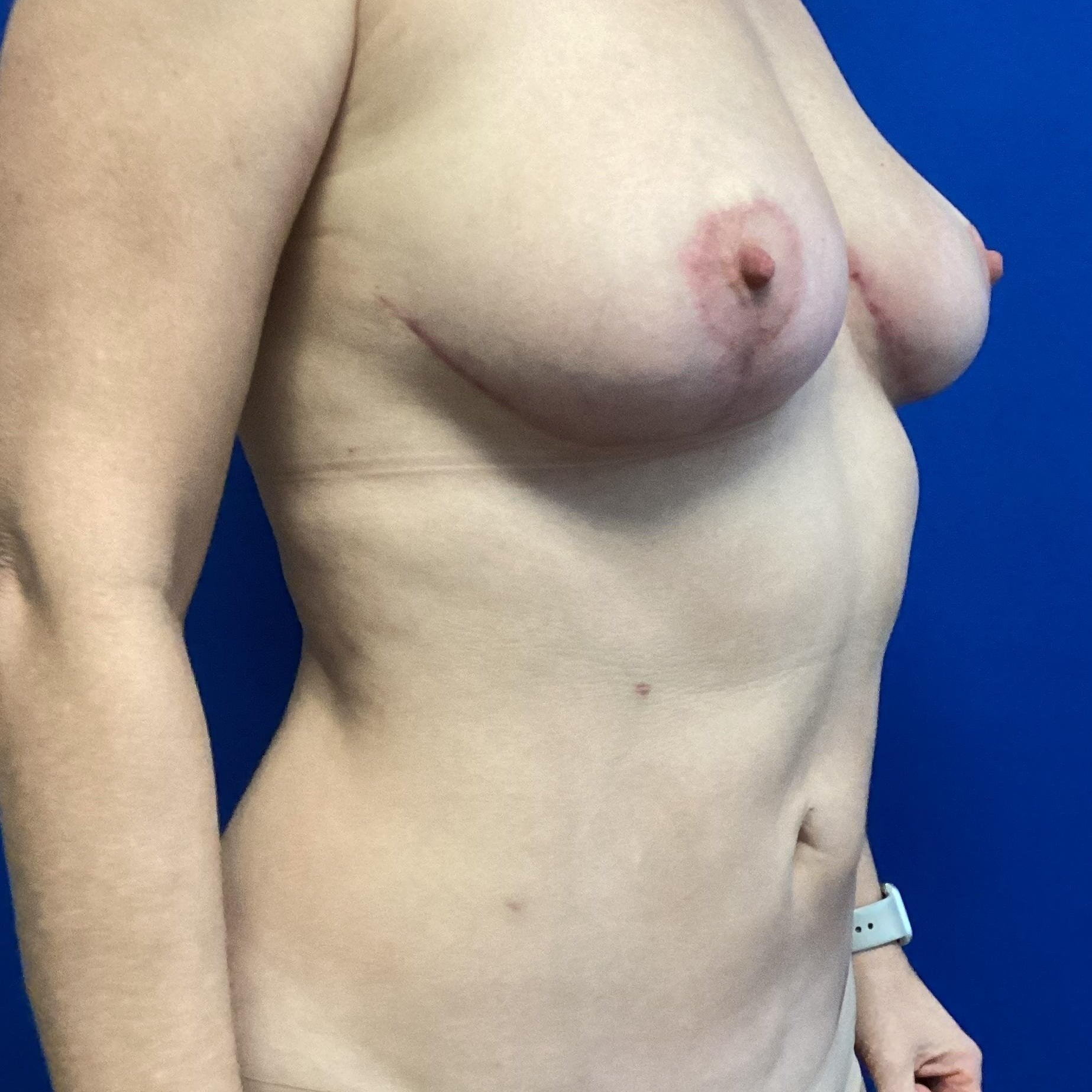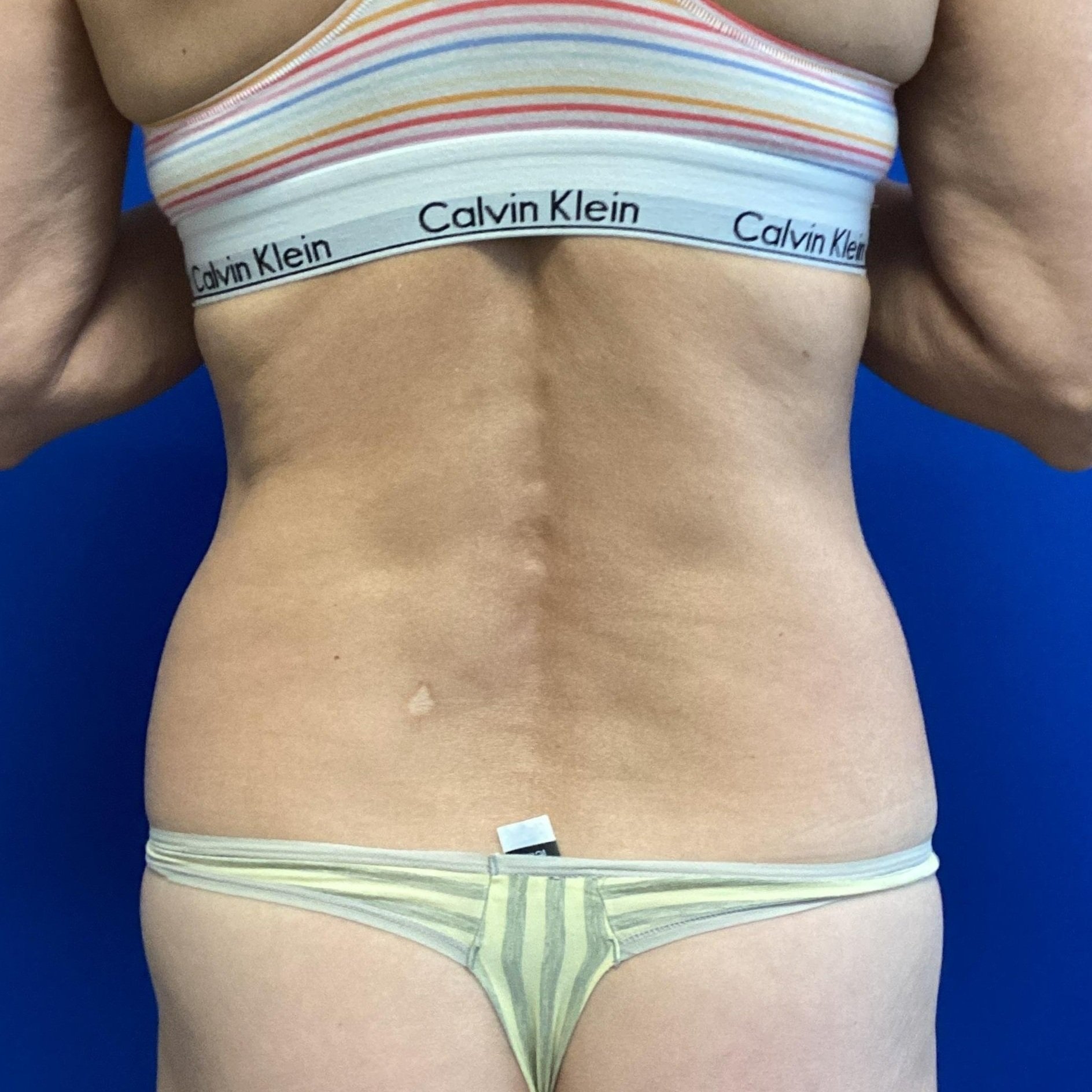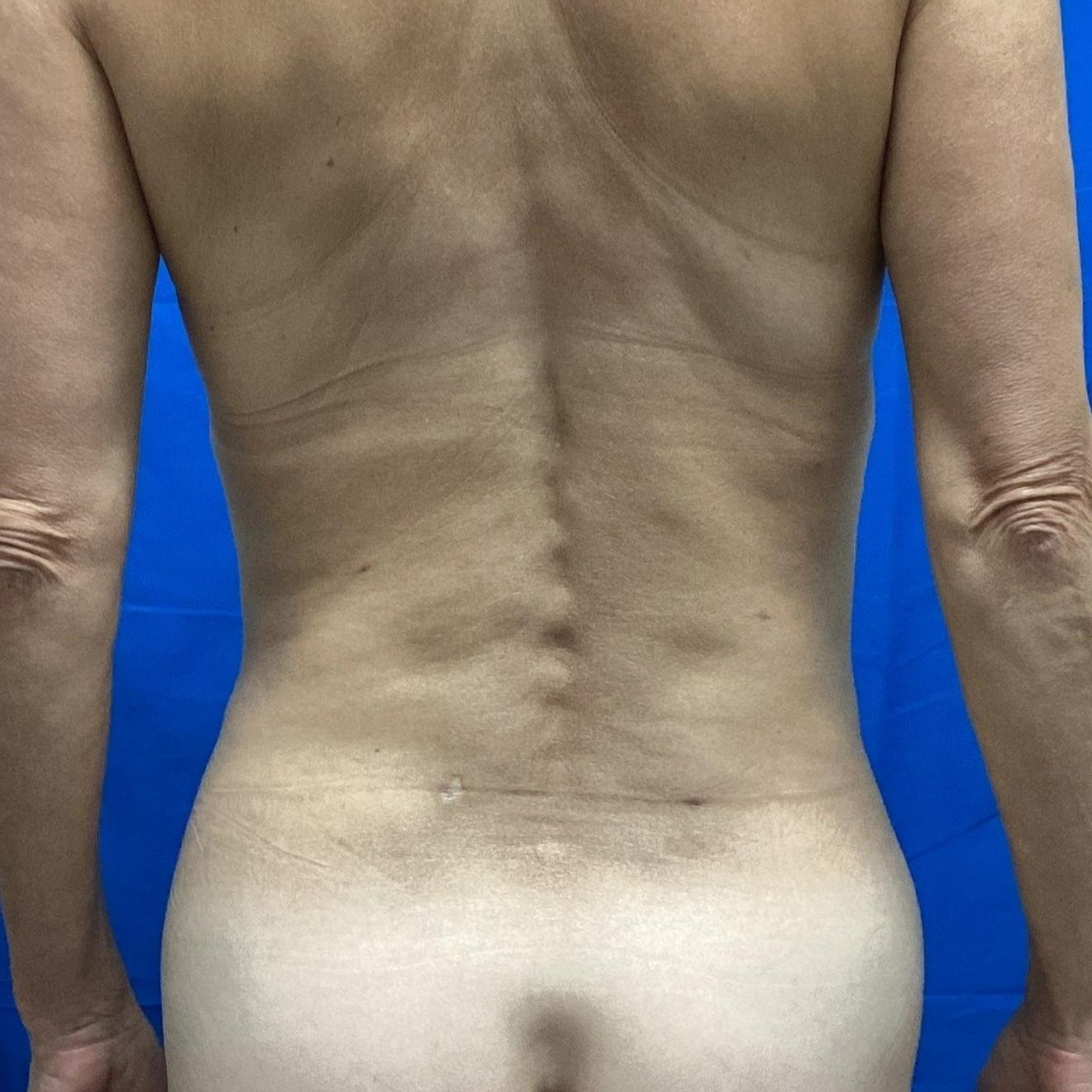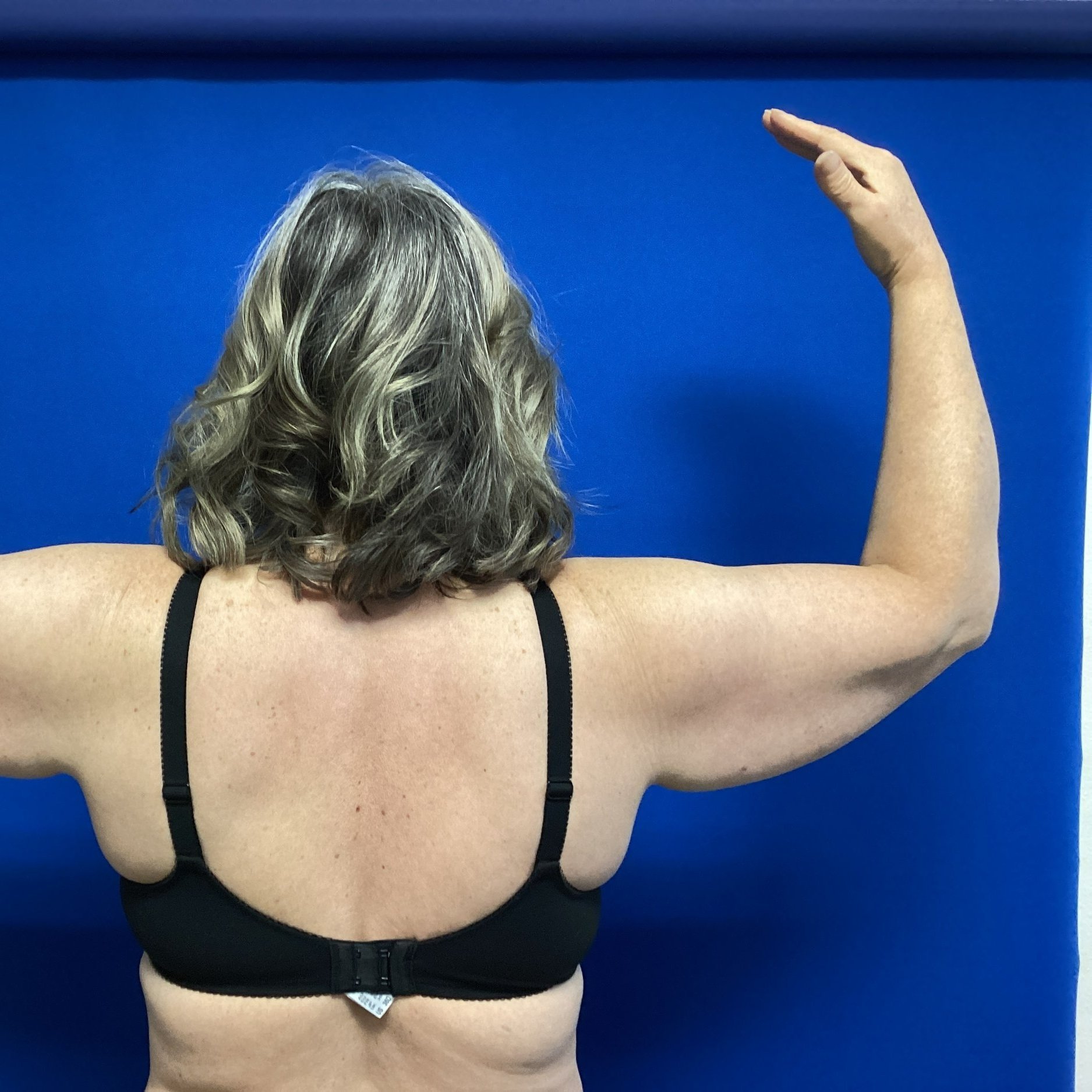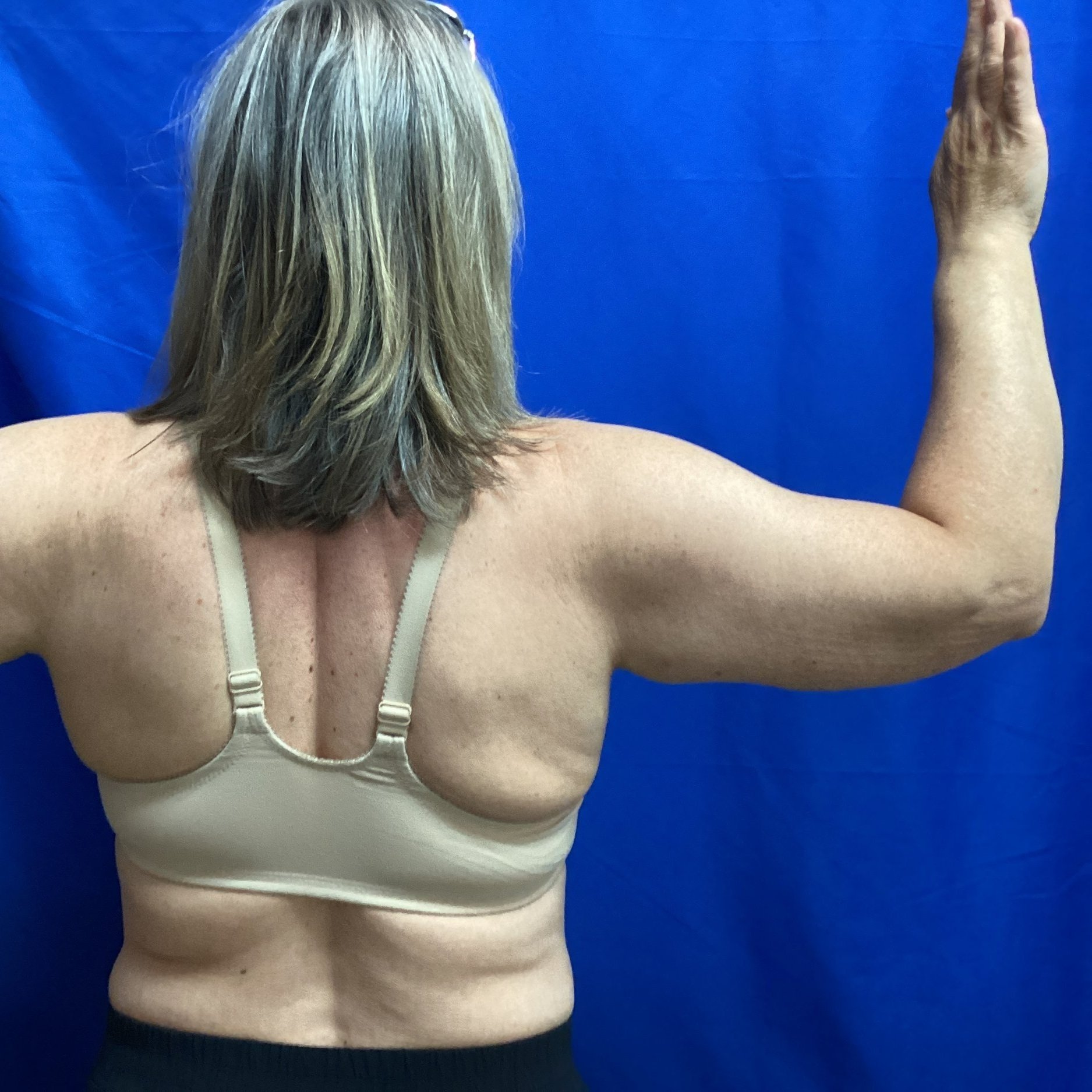Liposuction with Renuvion
Liposuction slims and reshapes specific areas of the body by removing excess fat deposits and improving your body contours and proportion. In addition to Liposuction we commonly use Renuvion to tighten the skin. The revolutionary J-Plasma Renuvion is a minimally invasive procedure that uses sub-dermal cold plasma energy to instantly tighten and lift skin. Until recently, no surgical procedure could achieve significant skin tightening without an extensive recovery. It is a great way to achieve the youthful look you are searching for without a complicated surgery or major incisions.
Liposuction techniques may be used to reduce localized fat deposits of the:
Thighs
Hips and buttocks
Abdomen and waist
Upper arms
Back
Inner knee
Chest area
Cheeks, chin, and neck
Calves and ankles
Liposuction can be performed alone or along with other plastic surgery procedures, such as a facelift, breast reduction, or a tummy tuck.
-
If you are bothered by excess fat deposits – located anywhere on your body – that don’t respond to diet or exercise, liposuction may be right for you.
Ideal candidates for liposuction are:
•Adults within 30% of their ideal weight who have firm, elastic skin and good muscle tone
•Healthy individuals who do not have a life-threatening illness or medical conditions that can impair healing
•Non-smokers
•Individuals with a positive outlook and specific goals in mind for body contouringLiposuction is not a treatment for obesity or a substitute for proper diet and exercise. It is also not an effective treatment for cellulite-the dimpled skin that typically appears on the thighs, hips, and buttocks-or loose saggy skin.
-
During your consultation be prepared to discuss:
•Your surgical goals
•Medical conditions, drug allergies, and medical treatments
•Current medications, vitamins, herbal supplements, alcohol, tobacco, and drug use
•Previous surgeriesYour surgeon will also:
•Evaluate your general health status and any pre-existing health conditions or risk factors
•Take photographs
•Discuss your liposuction options
•Recommend a course of treatment
•Discuss likely outcomes of liposuction and any risks or potential complicationsPrior to surgery, you may be asked to:
•Get lab testing or a medical evaluation
•Take certain medications or adjust your current medications
•Stop smoking
•Avoid taking aspirin, anti-inflammatory drugs, and herbal supplements as they can increase bleedingLiposuction should be performed in an accredited office-based surgical facility, licensed ambulatory surgical center, or a hospital. Be sure to arrange for someone to drive you to and from surgery and to stay with you for at least the first night following surgery.
Be sure to ask questions. It’s very important to ask your plastic surgeon questions about liposuction. It’s natural to feel some anxiety, whether it’s excitement for your anticipated new look or a bit of preoperative stress. Don’t be shy about discussing these feelings with your plastic surgeon.
-
Step 1 – Anesthesia
Medications are administered for your comfort during the surgical procedure. The choices include local anesthesia, intravenous sedation, and general anesthesia. Your doctor will recommend the best choice for you.Step 2 – The incision
Liposuction is performed through small, inconspicuous incisions. First, diluted local anesthesia is infused to reduce bleeding and trauma.Then a thin hollow tube, or cannula, is inserted through the incisions to loosen excess fat using a controlled back and forth motion. The dislodged fat is then suctioned out of the body using a surgical vacuum or syringe attached to the cannula.
Step 3 – See the results
Your improved body contour will be apparent once the swelling and fluid retention commonly experienced following liposuction subside. With continued practices of healthy diet and fitness, the loss of excess fatty tissue should be permanently maintained. However, substantial weight gain can alter the results. -
The decision to have liposuction is extremely personal. You will have to decide if the benefits will achieve your goals and if the risks and potential complications are acceptable. You will be asked to sign consent forms to ensure that you fully understand the procedure and any risks and potential complications.
The risks include:
•Anesthesia risks
•Bruising
•Change in skin sensation that may persist
•Damage to deeper structures such as nerves, blood vessels, muscles, lungs, and abdominal organs
•Deep vein thrombosis, cardiac and pulmonary complications
•Fluid accumulation
•Infection
•Irregular contours or asymmetries
•Irregular pigmentation
•Need for revision surgery
•Persistent swelling
•Poor wound healing
•Rippling or loose skin, worsening of cellulite
•Swelling
•Thermal burn or heat injury from ultrasound with the ultrasound-assisted lipoplasty technique modelThese risks and others will be fully discussed prior to your consent. It is important that you address all your questions directly with your plastic surgeon.
-
Once your procedure is completed, a compression garment or elastic bandages may cover treatment areas. These help to control swelling and compress the skin to your new body contours. In addition, small temporary drains may be placed in existing incisions beneath the skin to remove any excess blood or fluid.
You will be given specific instructions that may include how to care for the surgical site and drains, medications to apply or take orally to aid healing and reduce the potential for infection, specific concerns to look for at the surgical site or in your general health, and when to follow up with Dr. Nichols
It may take several months for the swelling to fully dissipate. As it does, your new contours and enhanced self-image should continue to develop.
-
Your improved body contour will be apparent when the swelling and fluid retention commonly experienced following liposuction subside.
The results of liposuction will be long lasting, provided that you maintain a stable weight and general fitness. As your body ages, it is natural to lose some firmness, but most of your improvement should be relatively permanent.
Although good results are expected from your procedure, there is no guarantee. In some situations, it may not be possible to achieve optimal results with a single surgical procedure and another surgery may be necessary. It is not possible to improve lax skin tone with liposuction.
Following your physician’s instructions is key to the success of your surgery. It’s important that the surgical incisions are not subjected to excessive force, swelling, abrasion, or motion during the time of healing. Your doctor will give you specific instructions on how to care for yourself.
-
Whether liposuction is used in conjunction with Renuvion, this treatment can be used all over the body wherever you have skin that you would like to lift and tighten. Most popular areas treated include face/neck and abdomen.
-
Renuvion (J-Plasma) is a single treatment. You will see results immediately after surgery, and the skin will continue to tighten for several months up to a year as new collagen is produced and the skin remodels.
-
After the procedure, you will be given a compression garment to wear. Immediately after the procedure, you should expect mild swelling and bruising. After a week or two, this should start to fade, leaving you with the skin you have been seeking.
-
Cost is always a consideration in elective surgery. A surgeon’s cost for liposuction may vary based on his or her experience, the type of procedure used, and geographic office location. Many plastic surgeons offer patient financing plans, so be sure to ask.
Cost may include:
•Surgeon’s fee
•Hospital or surgical facility costs
•Anesthesia fees
•Prescriptions for medication
•Post-surgery garments
•Medical tests***Most health insurance does not cover cosmetic surgery or its complications.
Your satisfaction involves more than a fee. When choosing a plastic surgeon for liposuction, remember that the surgeon’s experience and your comfort with him or her are just as important as the final cost of the surgery. Plastic surgery involves many choices. The first and most important is selecting member of the American Society of Plastic Surgeons (ASPS) you can trust. ASPS member surgeons meet rigorous standards:
•Board certification by the American Board of Plastic Surgery® (ABPS) or in Canada by The Royal College of Physicians and Surgeons of Canada® •Complete at least six years of surgical training following medical school with a minimum of three years of plastic surgery residency training
•Pass comprehensive oral and written exams
•Graduate from an accredited medical school
•Complete continuing medical education, including patient safety each year
•Perform surgery in accredited, state-licensed, or Medicare-certified surgical facilitiesFor 2023 you can expect to spend at least $10,530 for a 360 Liposuction Surgery.
***Disclaimer: This information is only an approximation and not a guarantee of final costs. Pricing provided is merely an estimate of starting costs and are subject to change.
“I would highly recommend Pearl Plastic surgery. I found Dr Nichols for my fiancé who wanted a procedure done then referred a friend who also had a procedure, then I had a procedure my self and after that referred another friend. I love everyone here they are all so kind and welcoming make you feel comfortable and most of all listen to you your needs and wants. Very clean. I am so happy with how my procure turned out and excited for full recovery.”
-2022 Liposuction of Abdomen with Renuvion and Bilateral Breast Fat Grafting Patient
























